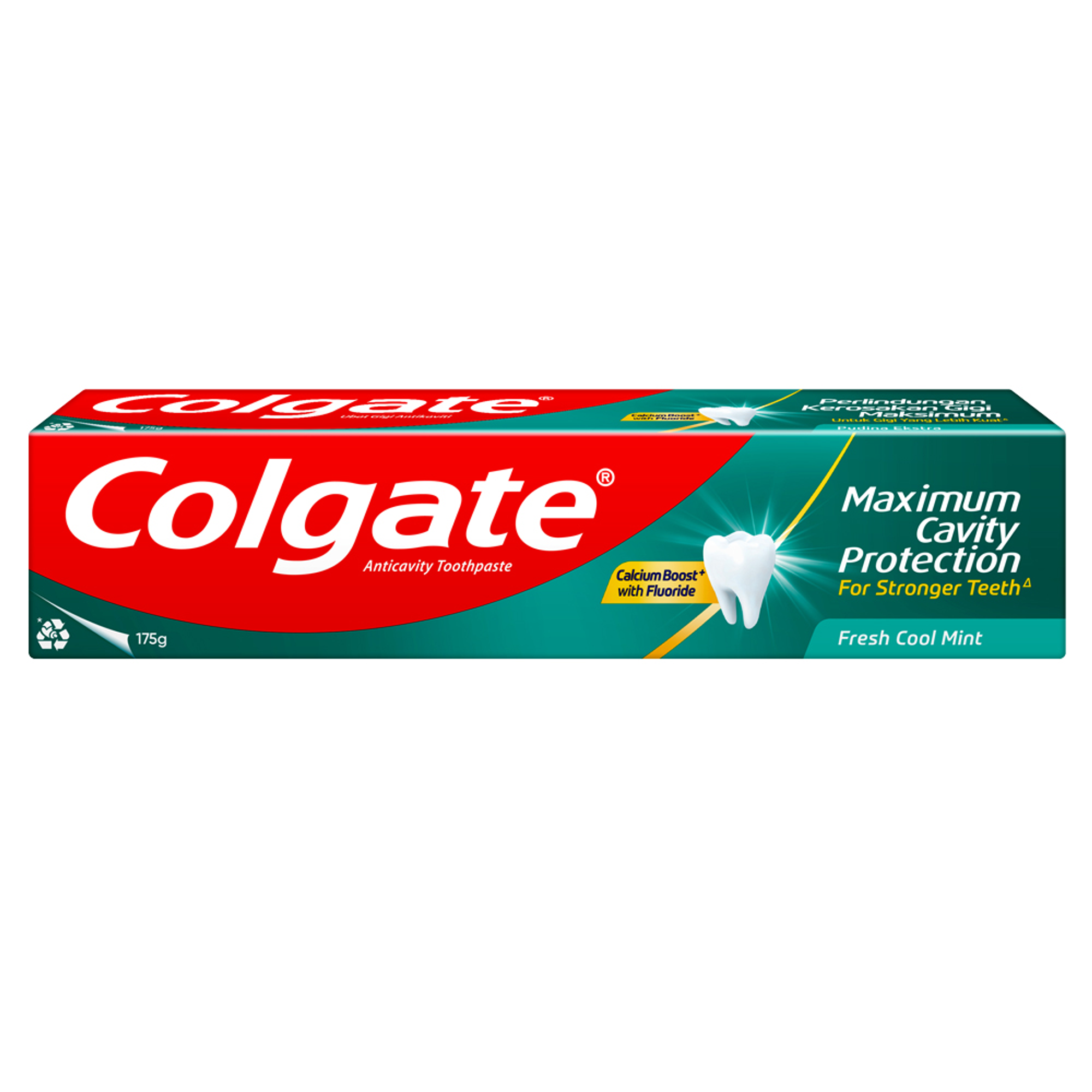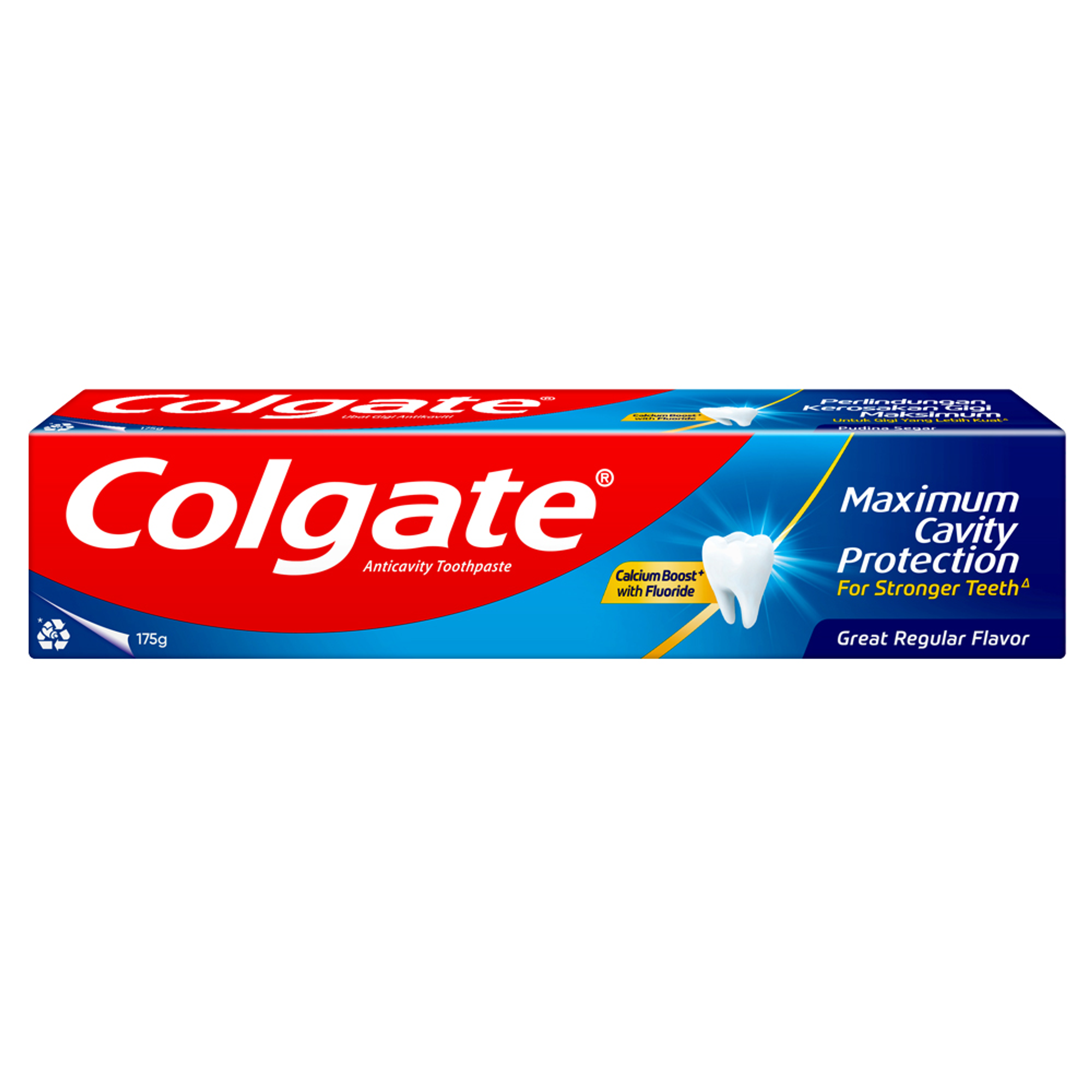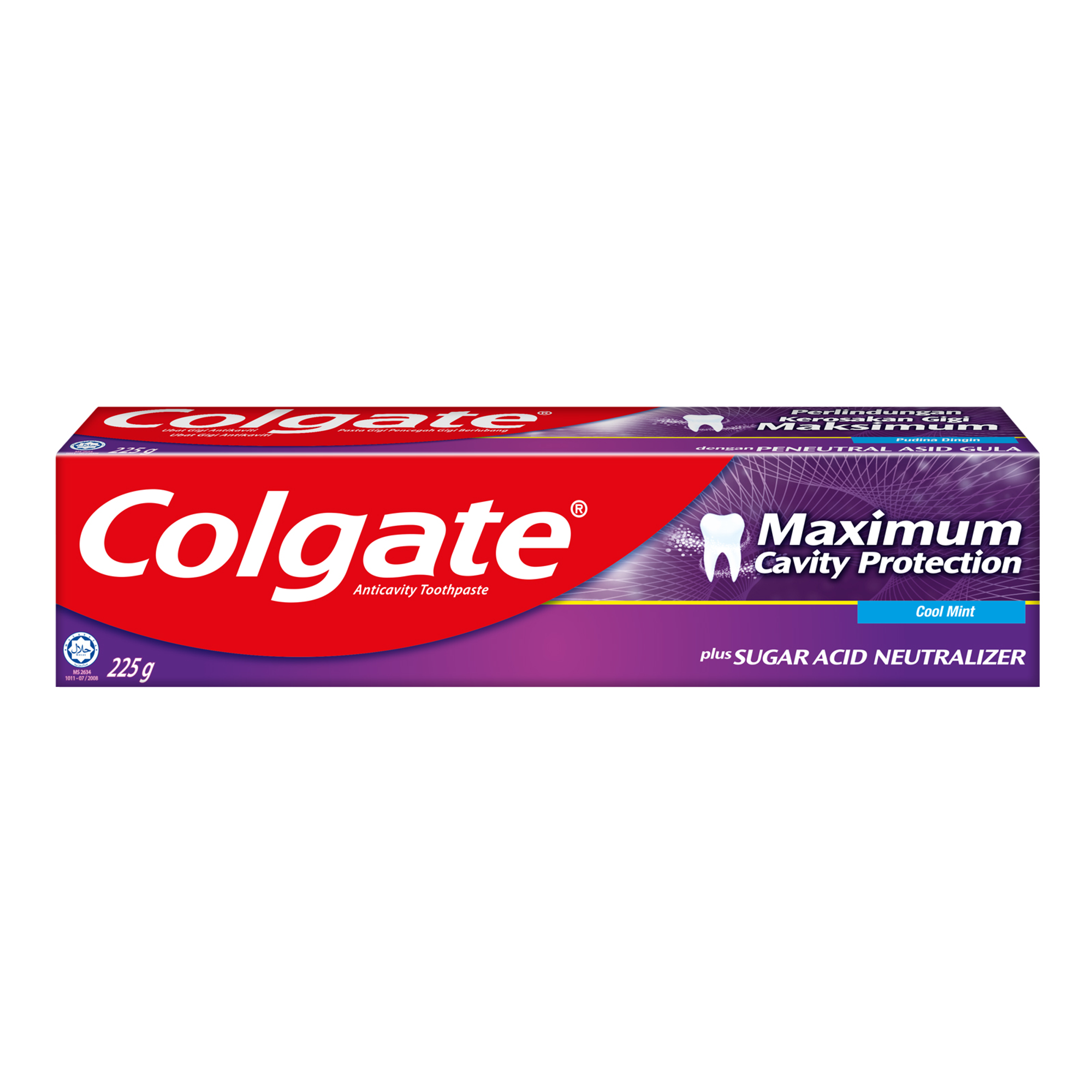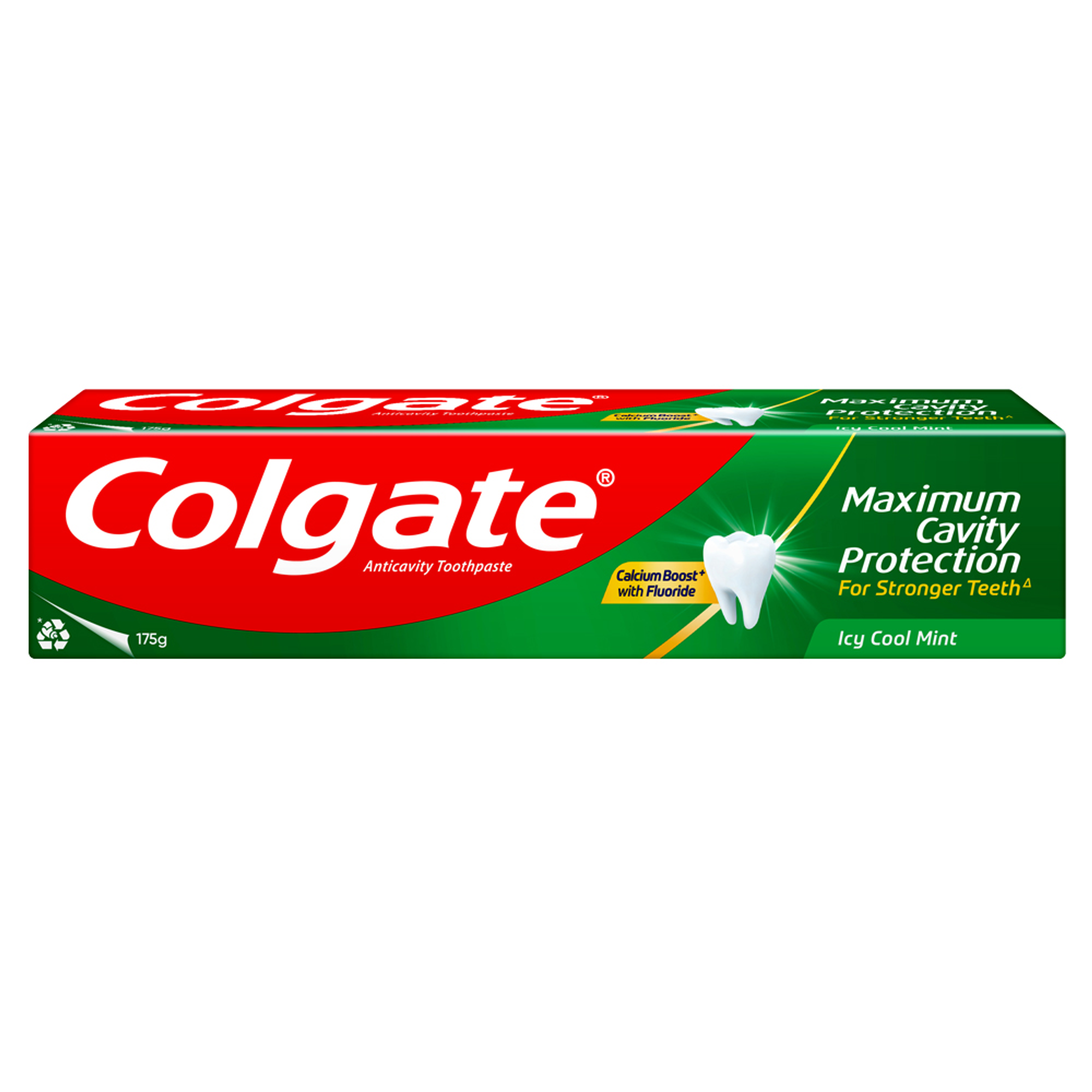- Oral Health and Dental Care | Colgate®
- Oral Health
- How Long Is Wisdom Teeth Recovery Time? | Colgate MY


The pain, swelling and discomfort that follows wisdom tooth extraction is a normal part of the healing process. How long is wisdom teeth recovery time? When will you be back to chewing crunchy carrots and apples with ease?
Getting Your Teeth Pulled
The wisdom teeth, also known as the third molars, are the final set of molars to erupt. Not everyone keeps these teeth, nor are they necessary for having a healthy, beautiful smile. In fact, they can cause harm if they do not come in properly. When these molars come in, usually between the ages of 16 and 20, there may not be enough room left for them to erupt. As a result, they can emerge at an angle, they may crowd the mouth and sometimes they don't fully emerge. This can lead to future oral health problems like infections and pain.
The American Dental Association recommends that people have their mouth checked before age 20 to see how the wisdom teeth are erupting and for wisdom teeth impaction while the roots are still developing. If necessary, a dentist or an oral surgeon can remove the final molars in a single outpatient procedure. Tooth extraction is a form of major surgery. While in general anesthesia or local anesthesia options are used to make wisdom teeth removal a more comfortable procedure, pain and discomfort are a part of the process, especially after the anesthesia wears off. After your teeth are pulled, wisdom teeth recovery time begins.
Taking Care of Yourself After Surgery
After getting your wisdom teeth pulled, you are likely to experience pain and swelling. There may be some bleeding. While your mouth heals, you have to be careful not to dislodge the blood clot or harm your healing gums. You should not consume solid foods, alcohol, coffee, soda or hot beverages in the first few days following your procedure. You shouldn't even brush your teeth for the first day of recovery. According to the offices of practicing oral surgeon Dr. Joseph Arzadon of Arlington, Virginia, typical wisdom teeth recovery time is three to four days, although it can be as long as one week. The length of recovery depends a lot on how badly the wisdom teeth were impacted and how they were erupting.
There are plenty of things you can do to make the recovery time easier. Plan on taking it easy for a few days; you can resume your normal activities after the first day in most cases, but for about a week you don't want to do anything that could dislodge the blood clot from where your teeth were removed. For the pain, you can take a prescription pain killer given to you by your oral surgeon or recommended over-the-counter pain relievers. To help with the swelling, place an ice pack over your jaw. The cold helps to reduce the inflammation and ease any discomfort.
Your dentist or oral surgeon should instruct you on how to take care of your mouth for the recovery period. You may be told to avoid brushing, spitting, flossing and rinsing for 24 hours. After that, you can gently brush your teeth. Rinse your mouth with salt water frequently to help keep it clean and prevent an infection. Stock up on apple sauce, yogurt, cottage cheese and other soft foods. You want to eat a soft-food diet for the first day or more and then slowly move to semi-soft foods when you are ready.
The recovery period can take several days and in some cases there may still be swelling and discomfort for a week or more. Use ice packs, enjoy soft foods and keep your mouth clean with simple salt water. If you notice any unusual symptoms like pus discharge, severe pain or a fever, call your oral surgeon right away. While complications such as an infection are rare, they are possible.
Related Products

Helping dental professionals
More professionals across the world trust Colgate. Find resources, products, and information to give your patients a healthier future













